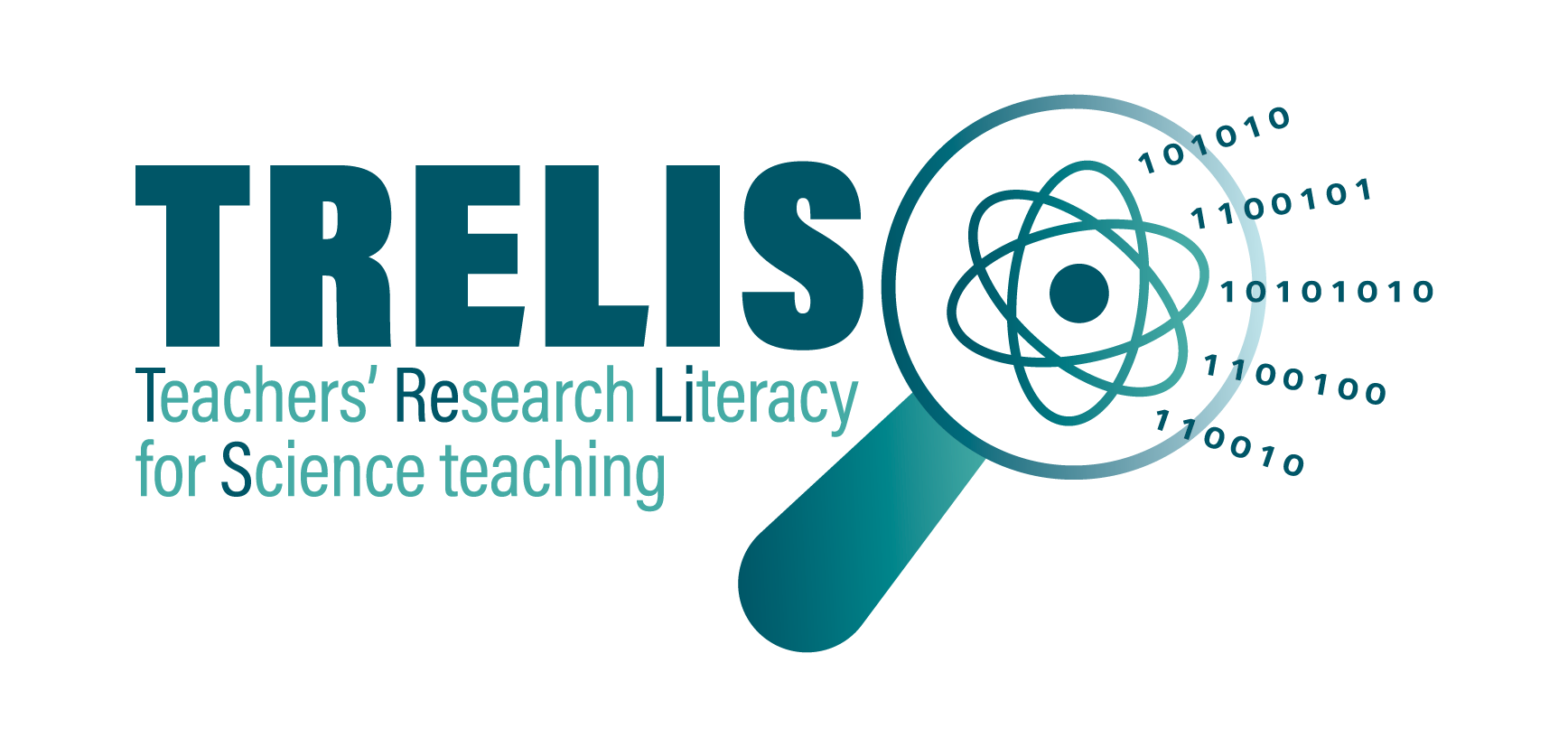Participants:
| Kirsti M. Jegstad (WP leader) | OsloMet |
| Katarina Pajchel (co-leader, programming) | OsloMet |
| William Espen Windsor | OsloMet |
| Per Øyvind Sollid | OsloMet |
| Idar Mestad (co-leader, Bergen) | HVL |
| Nils Petter Hauan | VilVite |
| Anne Mæland | VilVite |
| Torill Høiby | Lillestrøm science centre |
| Linda M. Smedbakken | Lillestrøm science centre |
| Christine Nybø Brattenborg | Lillestrøm science centre |
| Other participants from WPs 4 og 5 (Will be updated) | OsloMet og HVL |
Scope:
Work package 6 (WP 6) investigates how research-based teaching approaches, in particular those developed in WPs 4 and 5, can be implemented in schools. Furthermore, we will investigate how teachers, teacher educators and providers of teacher professional development can collaborate in developing research-based science teaching in teacher education and schools. Research literature has identified success criteria and best-practice models for professional development aimed at in-service teachers (Capps et al., 2012; Stadler & Jorde, 2012). In TRELIS, these will be considered when developing research-rich collaborative communities and when implementing research-based science teaching and learning activities developed in the project.
The WP is a collaboration between the departments of science teacher education at OsloMet and HVL and providers of teacher professional development in Lillestrøm municipality (located in the Oslo area) and VilVite science centre in Bergen. WP 6 consists of two phases. In the first phase, the focus is on the existing collaborative learning networks and observation of these networks will enhance our knowledge about collaborative learning networks and feed into the development of resources in WPs 4 and 5. In the second phase, we will introduce teaching resources developed in WPs 4 and 5 for the teachers in the collaborative learning networks.
| Research questions: | Methods and data: |
| 6.1 How can teacher educators, in-service teachers and school owners work collabora-tively in developing research-based practices in teacher education and school science? | Observation and focus group interviews |
| 6.2 In what ways can collaborative learning networks in schools support teachers’ development of research literacy? | Observation and focus group interviews |
| 6.3 How do teachers participating in a professional learning community describe their professional development, and how do they perceive that the PLC has contributed to changes in their classroom practice? | Observation and focus group interviews |
